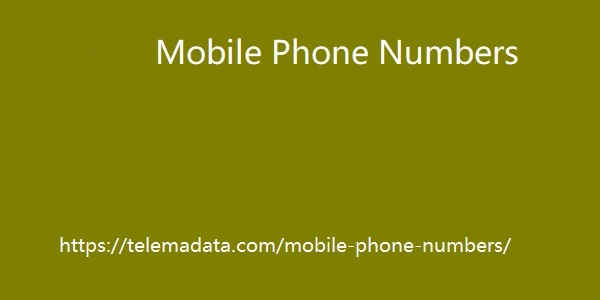The term “unhealthy data” might sound strange at first. We typically think of data as neutral facts and figures. But the reality is, the information we consume can significantly impact our well-being just like the food we eat. Here’s why our current data diet might be making us “unhealthy”:
Information Overload and Stress:
We are bombarded with information daily. News feeds, social media, and constant notifications create a state of information overload. This constant stimulation can lead to stress, anxiety, and difficulty focusing. Studies have shown a correlation between high social media use and increased depression and loneliness.
Confirmation Bias and Filter Bubbles:
Algorithms on social media platforms tend to show us content that reinforces our existing beliefs. This creates “filter bubbles” where we’re only exposed to one side of an issue, leading to a skewed understanding of the world and increased hostility towards opposing views.
Fake News and Misinformation:
The spread of inaccurate information online can have serious consequences. From health fads to political manipulation, fake news can lead to poor decision-making and erode trust in legitimate sources.
Unrealistic Portrayals and Body Image Issues:
Social media is often a highlight reel, showcasing unrealistic portrayals of beauty and success. Constant exposure to these images can lead to body image issues, low self-esteem, and social comparison anxiety.
The Attention Economy and Time Vampires:
Many online platforms are designed to capture Italy Phone Numbers our attention for as long as possible. This “attention economy” thrives on endless scrolling and clickbait, stealing our time and reducing opportunities for real-world engagement and healthy habits.
So, what can we do to create a healthier data diet?
1. Practice Mindfulness:
Be conscious of your information consumption. Take breaks from social media and news feeds. Schedule specific times for checking emails and notifications.
2. Diversify Your Sources:
Don’t rely on a single source of information. Seek out diverse perspectives on current events and topics of interest.
3. Fact-Check and Be Skeptical:
Develop critical thinking skills. Don’t share information without verifying its source. Use reputable fact-checking websites to debunk misinformation.
4. Curate Your Feed:

Unfollow accounts that make you feel bad
or stressed. Choose to follow positive, informative, and inspiring content.
5. Prioritize Real-Life Connections:
Step away from the screen and prioritize face-to-face interactions. Invest time in hobbies, physical activity, and spending time with loved ones.
6. Embrace JOMO (Joy Of Missing Out):
You don’t have to be present on every Brazil Phone Number List platform all the time. It’s okay to miss out on some online trends and social media moments.
7. Focus on Quality Over Quantity:
Seek out in-depth articles, documentaries, and books instead of relying on short-form, attention-grabbing content.
8. Support Quality Journalism:
Subscribe to reputable news sources that provide well-researched and balanced reporting. Hold them accountable for high-quality journalism.
9. Disconnect to Reconnect:
Schedule digital detox periods. Disconnect from the internet entirely for a set period to regain focus and mental clarity.
10. Prioritize Sleep:
The blue light emitted from screens disrupts sleep patterns. Avoid screen time before bed and establish a regular sleep schedule.
By taking control of our data diet, we can create a more balanced and enriching information environment. Just like with food, a healthy data diet should be informative, diverse, and leave us feeling empowered and well-informed, not stressed and overwhelmed.

